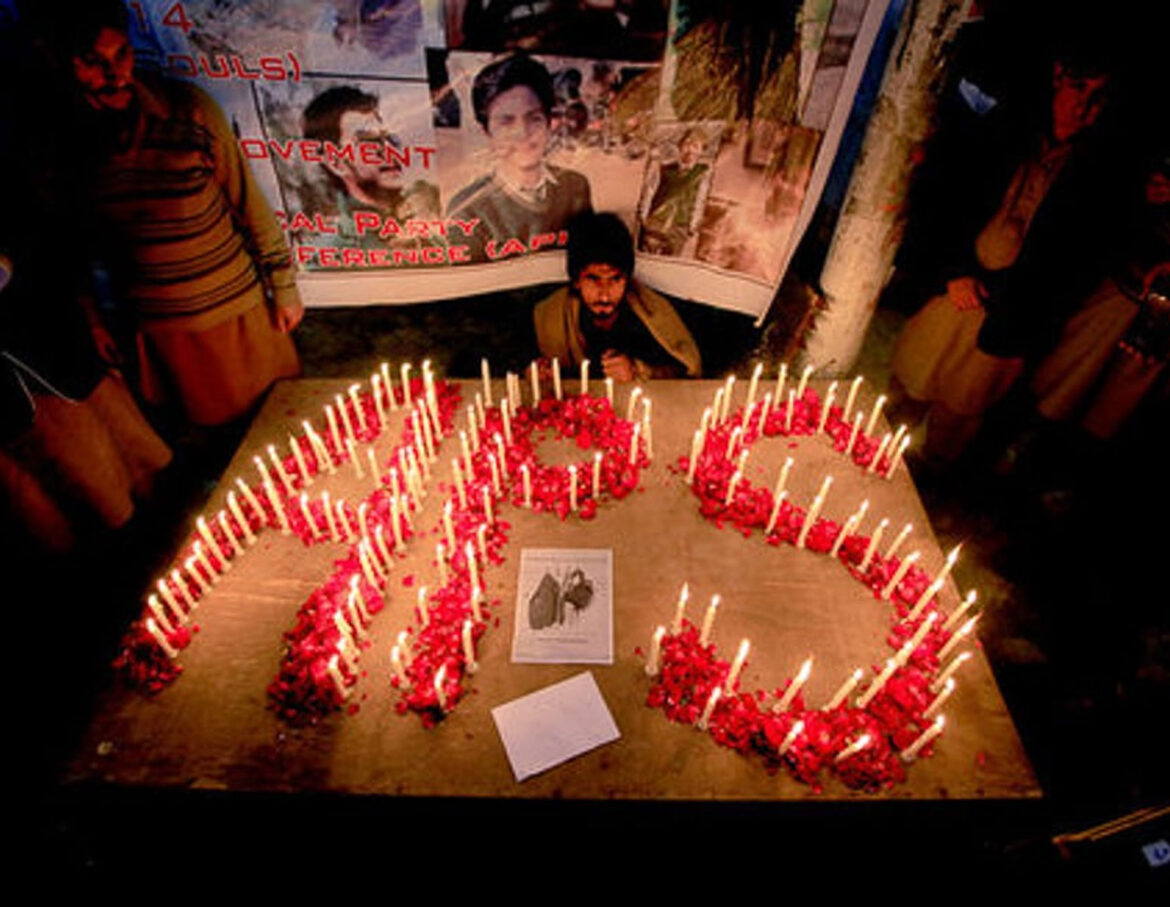PESHAWAR: Today marks the 10th anniversary of the harrowing terrorist attack on Army Public School (APS), Peshawar, where over 150 lives, including children and teachers, were lost in an act of brutality that shook the nation to its core. Hundreds were left injured, and the scars of that dark day still haunt the families of the victims, many of whom remain dissatisfied with the justice served so far.
The banned Tehreek-e-Taliban Pakistan (TTP) claimed responsibility for the attack, prompting Pakistan’s military to intensify Operation Zarb-e-Azb. The nation’s civil and military leadership responded by formulating a 20-point National Action Plan (NAP), which included establishing military courts, reinstating the death penalty, and intensifying efforts to root out terrorism.
Justice Delayed, Questions Remain
Despite military court convictions and executions of several individuals linked to the attack, justice remains a contentious issue. Around 200 convicted individuals benefited from a Supreme Court stay order, which later led to the annulment of their convictions by the Peshawar High Court.
In response to public outcry, a judicial commission was formed in 2018 to investigate the tragedy, led by Justice Ibrahim Khan. The commission’s report, submitted after two years of investigation, highlighted intelligence lapses, revealing that the National Counter-Terrorism Authority (NACTA) had issued prior warnings about potential attacks on military officers and their families. The report also questioned how terrorists crossed the Pak-Afghan border to execute the attack and uncovered local facilitation in the vicinity of APS.
The findings, however, failed to satisfy the victims’ families, who expressed reservations about the commission’s conclusions and criticized the lack of accountability.
A Nation United Against Terrorism
The APS attack catalyzed the nation’s resolve to combat terrorism. Under the National Action Plan:
Military Operations: At least 21,500 operations were conducted nationwide, leading to the deaths of 1,300 militants, injuries to 800, and the arrests of 5,500 others.
Enhanced Security Measures: Schools were directed to fortify their premises with higher walls, barbed wire, and CCTV cameras.
Civil-Military Cooperation: Apex committees comprising civil and military officials were established to oversee security efforts.
Yet, challenges persist. The 2020 escape of Ehsanullah Ehsan, former TTP spokesperson who had claimed responsibility for the APS attack, further aggravated the victims’ families. His escape raised serious concerns about lapses within security agencies and was condemned as a failure by the parents of the martyred children.
Commitment to Accountability
In his tenure, former Prime Minister Imran Khan assured the nation and the Supreme Court that accountability would be ensured, irrespective of rank or influence. However, victims’ families argue that justice remains elusive a decade later.
Legacy of APS Martyrs
The tragedy of APS remains etched in the nation’s collective memory as a reminder of the cost of terrorism. While Pakistan has made significant strides in counter-terrorism efforts, the pain of those who lost their loved ones serves as a solemn call for unwavering vigilance and a renewed commitment to justice.
As the nation commemorates the sacrifice of APS students and teachers, it must also reflect on the enduring need for accountability and the prevention of such tragedies in the future.



